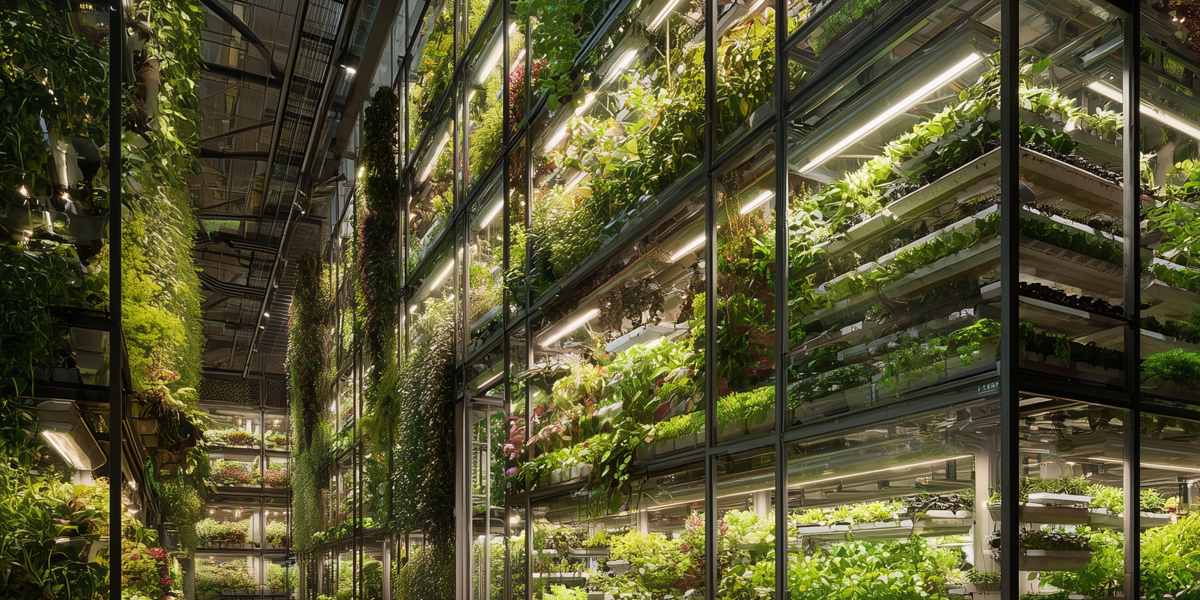
My MSc - by Jonathan Dykes
The story so far...
Almost every government and political party puts economic growth at the top of their list of priorities, and we all understand why: more growth means more wealth, more taxes, and more money to spend on public services such as health and education, as well as the opportunity to lower public debt and invest in infrastructure projects, which should again lead to more growth. At the same time, a large majority of politicians (with a few notable exceptions) also claim that that they want growth to be sustainable, that they want to lessen the environmental impact of the economy and society, and to leave the world in a better place for future generations.
On the surface, economic growth and environmental sustainability appear to be mutually contradictory. Doesn’t wealth creation inevitably come with an environmental cost? Is there any way to square this circle?
As co-founder and President of Green Standard Schools – which aims to encourage the language teaching industry to take environmental sustainability more seriously - it seemed to me that I had a responsibility to explore these issues and investigate what solutions might be available.
This is one of the reasons I decided to enrol for an online MSc in Sustainable Development at the University of Sussex, which claims to be the No. 1 university in the world in this field. (It’s also where I took my degree in Philosophy many years ago, which means I’m entitled to a very welcome 20% discount on the course fees.)

I have just finished the first of twelve modules and, so far so good. This first model was called Understanding the Policy Process, and it focused on how problems are moved onto the policy agenda and then implemented, or not. It provided us with concepts such as ‘policy entrepreneurs’, and ‘advocacy coalitions’; it also highlighted the difference between policies implemented on a national and a multinational scale.
The module consisted of one weekly seminar, a reading list, and some interactive activities. We also had to produce two assignments, the first of which was a team effort with two other students, who are living and working in different parts of the world. This gave us the opportunity to bounce our ideas around with people who may have a different perspective.
All in all, I would say that so far, the course has lived up to my expectations. The next module, which is called ‘Science, Technology and Innovation’ starts on 7th July. I’m genuinely looking forward to it.






















